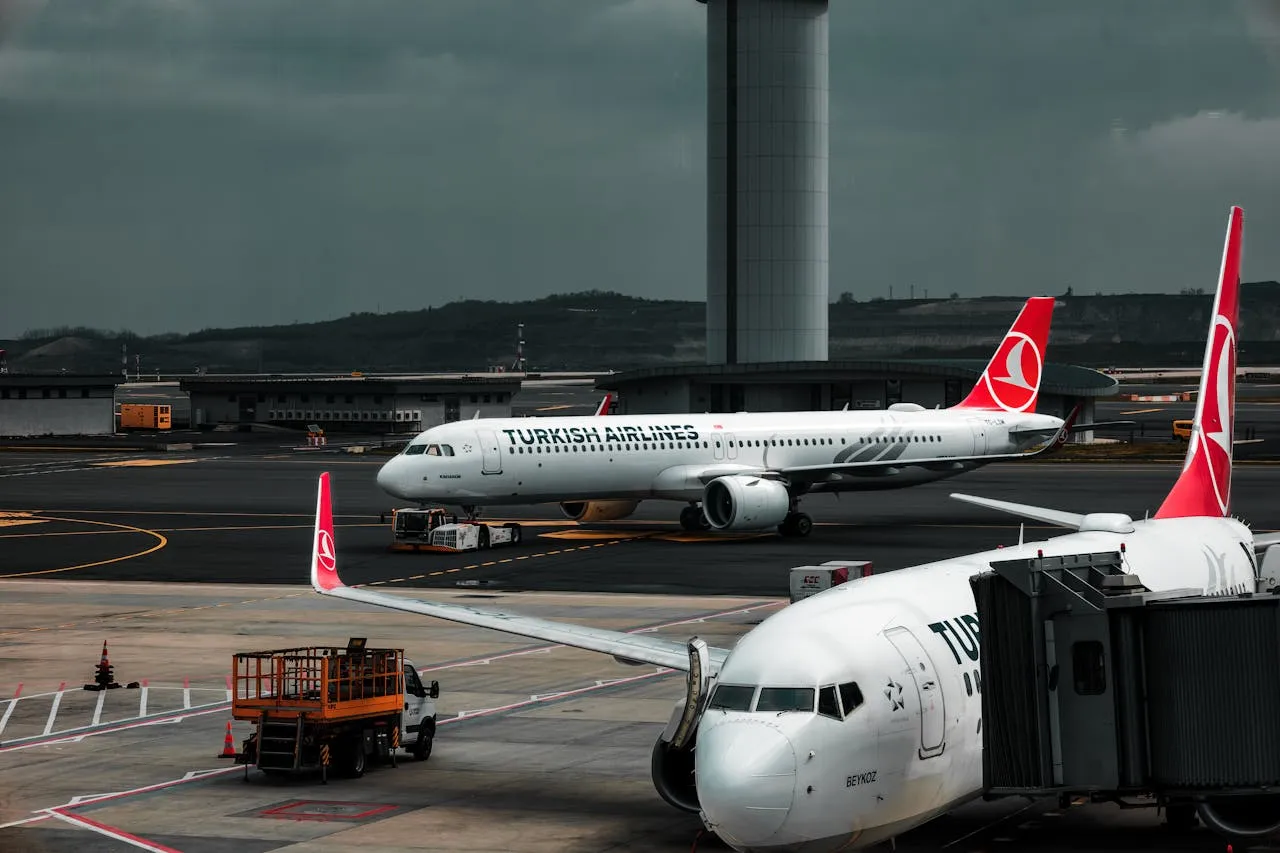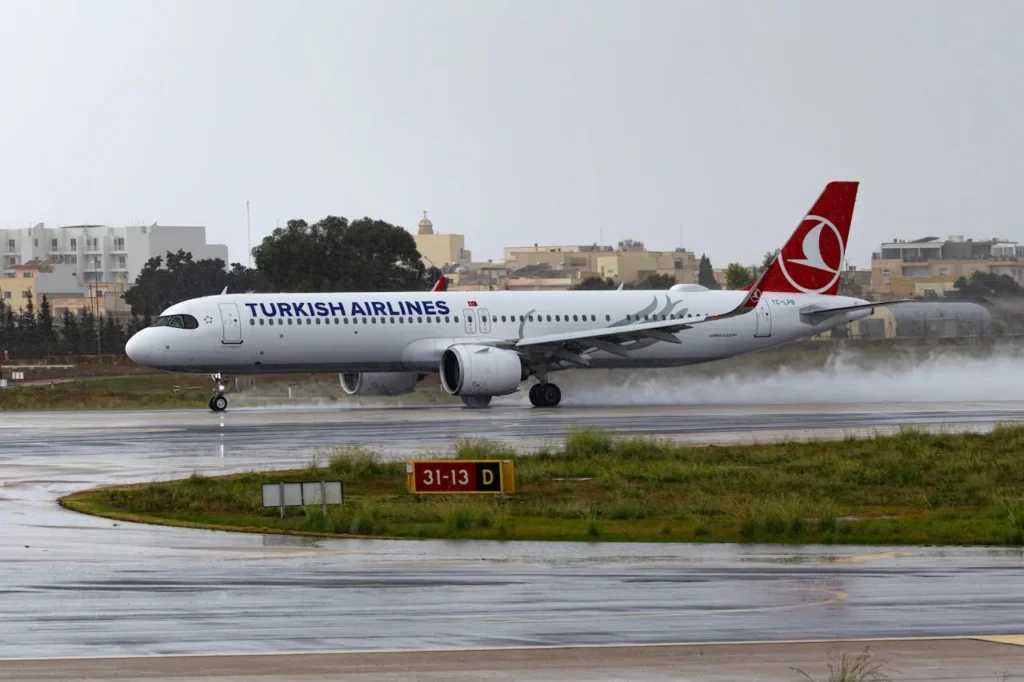
Turkish Airlines Drives Aviation Innovation with Red Hat OpenShift AI
Turkish Airlines, the proud flag carrier of Türkiye and the airline that flies to more countries than any other, has embarked on an ambitious digital transformation journey powered by Red Hat, the global leader in open source technology. This strategic partnership aims to transform Turkish Airlines into a data- and AI-driven enterprise, leveraging Red Hat’s cutting-edge OpenShift AI platform and enterprise-grade open source technologies to dramatically enhance operational efficiency, customer experience, and innovation capacity.
A Global Leader Seeking Scalable Innovation
With a vast network serving 353 destinations across Europe, Asia, Oceania, Africa, and the Americas, Turkish Airlines operates one of the world’s most extensive flight networks. Supporting this massive operation requires not only cutting-edge logistics but also a forward-thinking technological approach that empowers its nearly 90,000 employees and serves a diverse customer base spanning both business-to-consumer (B2C) and business-to-business (B2B) sectors.
To maintain its position at the forefront of the aviation industry, Turkish Airlines recognized the critical need to leverage artificial intelligence (AI) across its entire ecosystem. The airline’s goals included improving operational workflows, optimizing technical maintenance, boosting employee productivity, and enhancing both employee and customer satisfaction. Turkish Airlines understood that to compete and innovate at scale, it needed a highly scalable, flexible, and open AI platform.
Why Red Hat? Embracing Open Source for Flexibility and Scale
The choice to partner with Red Hat was driven by Turkish Airlines’ commitment to open source technology. This decision helped the airline avoid vendor lock-in, providing the flexibility to evolve its infrastructure independently and adapt to rapidly increasing AI demands. The open source nature of Red Hat’s platforms aligns with Turkish Airlines’ strategic goal of transitioning to a hybrid cloud environment — blending on-premises and cloud resources seamlessly to support both predictive and generative AI applications.
Together with Red Hat Consulting, Turkish Airlines implemented Red Hat OpenShift AI, a robust AI development and deployment platform built on the trusted foundation of Red Hat OpenShift. This environment was carefully integrated with the airline’s existing IT infrastructure, including Red Hat Enterprise Linux, the leading enterprise-grade Linux platform, to ensure smooth operations and optimal performance.
Accelerating Development and Deployment
Before adopting Red Hat OpenShift AI, Turkish Airlines faced significant challenges in building development environments and deploying AI models efficiently. Creating new AI development environments could take hours, which slowed innovation and responsiveness. Today, with Red Hat OpenShift AI’s provisioning and autoscaling capabilities, Turkish Airlines can spin up bespoke environments in minutes, a leap forward that doubles the speed of deployment and accelerates AI-driven innovation.
Operational teams benefit immensely from automated scaling, which removes manual bottlenecks around resource allocation, allowing multiple data scientists to work simultaneously on shared datasets without conflict. Embedded monitoring and automated fixes further free up resources, reducing maintenance costs and empowering teams to focus on creating business value rather than troubleshooting.
Realizing AI in Everyday Operations
One of the most transformative aspects of this initiative is how Turkish Airlines is democratizing AI across the company by fostering a new generation of citizen data scientists. This means empowering employees outside traditional data science roles to leverage AI tools to develop models and insights relevant to their work. The airline has thus far seen more than 200 employees actively engaged in AI projects, with over 60 live models already in production and dozens more in development.
Turkish Airlines’ AI projects are designed to impact key operational and business areas:
- Dynamic Pricing Models: AI-powered pricing algorithms now deliver more accurate and timely ticket pricing adjustments, optimizing revenue while responding swiftly to market changes.
- Fraud Prevention: Enhanced AI models screen for fraudulent transactions both in customer card payments and the loyalty program, Miles&Smiles, improving detection accuracy and security.
- Customer Service Chatbots: Leveraging Red Hat OpenShift AI and open source large language models (LLMs), Turkish Airlines deployed intelligent chatbots that boost customer satisfaction by providing timely, effective support while simultaneously improving employee productivity.
- Aircraft Assignment Optimization: Advanced models analyze flight routes, aircraft specifics, and fuel consumption data to ensure the optimal assignment of aircraft to routes. This precision leads to significant fuel savings and reduced environmental impact.
- Operational Insights: AI-driven predictions improve ground plan accuracy, block time estimations, and on-time performance (OTP), allowing the operations team to proactively manage delays and improve service reliability.
Building Trust and Breaking Down Barriers

An equally important element of the Turkish Airlines-Red Hat partnership has been cultivating organizational trust in AI technologies and fostering collaboration among previously siloed teams. By providing a stable, easy-to-use AI platform, Red Hat helped Turkish Airlines create a culture that encourages experimentation and innovation across departments.
This cultural shift is pivotal for scaling AI initiatives beyond isolated pilot projects toward enterprise-wide adoption. The airline now enjoys smoother communication between data scientists, engineers, and business units, accelerating the path to actionable AI insights and measurable business impact.
Red Hat’s Vision for the Future of AI
Red Hat’s approach to AI is grounded in openness, flexibility, and scalability — principles that Turkish Airlines has embraced wholeheartedly. Red Hat envisions a future where organizations can deploy any AI model, on any hardware accelerator, across any cloud environment, achieving a consistent and cost-effective user experience.
This universal AI platform strategy enables enterprises like Turkish Airlines to harness the full potential of generative AI and other emerging technologies without being constrained by infrastructure silos or proprietary limitations. The vision empowers businesses to innovate rapidly while maintaining control over their data and operations.
Leadership Perspectives
Haluk Tekin, Country Manager for Türkiye and CIS at Red Hat, highlights the significance of this partnership:
“Creating citizen data scientists is a crucial achievement for enterprise-wide AI adoption. We are honored to collaborate with Turkish Airlines — the airline flying to more countries than any other — by making AI tools and platforms accessible to every employee. Our commitment is to support their cultural and technological transformation, enhancing operational flexibility, IT agility, and AI application development speed through cross-team collaboration.”
Echoing this, Serdar Gürbüz, General Manager of Turkish Technology, a Turkish Airlines subsidiary, emphasizes the strategic role of AI:
“As Turkish Airlines continues its journey toward becoming a fully data-driven organization, embedding AI across all aspects of our business is paramount. From operational efficiency to customer experience, AI supports strategic decision-making and enables us to innovate flexibly. Red Hat’s open source platforms allow us to accelerate model development while maintaining secure, scalable infrastructure that keeps data on-premises. This partnership is helping us move AI beyond isolated use cases to become an organization-wide capability, essential to maintaining our leadership in the aviation sector.”
Turkish Airlines’ AI transformation powered by Red Hat is far from complete. With more than 100 AI models either live or in the pipeline and hundreds of employees developing AI projects, the airline is building a future-ready enterprise capable of meeting evolving customer needs, improving operational excellence, and advancing sustainability goals.
This partnership exemplifies how open source technologies and strategic collaboration can unlock the true potential of AI in large, complex organizations — setting a new benchmark in the aviation industry and beyond.

